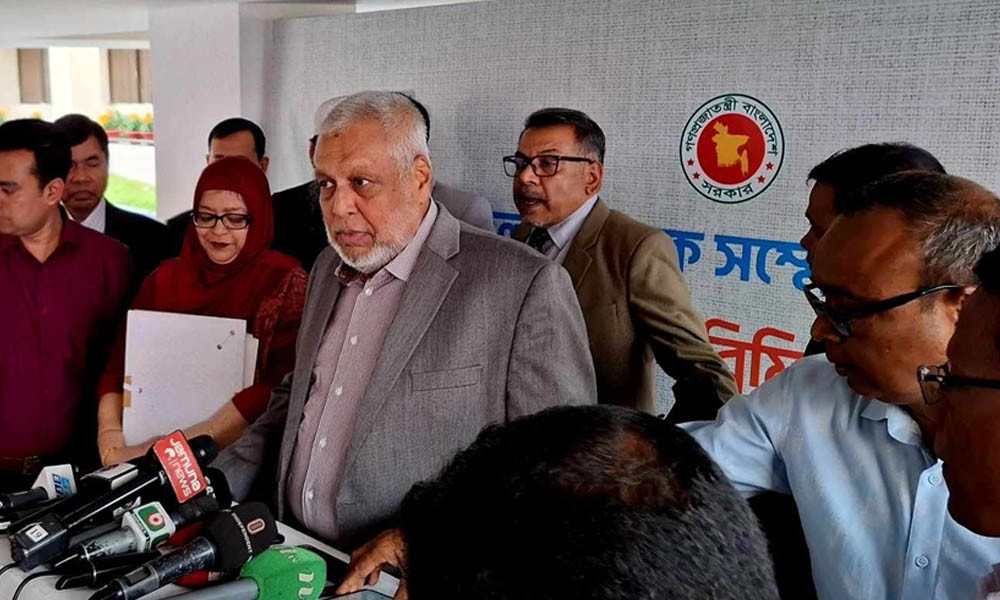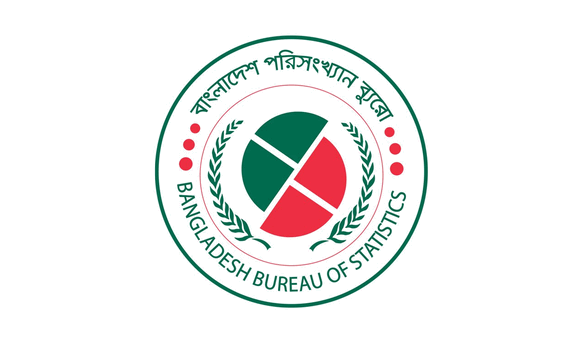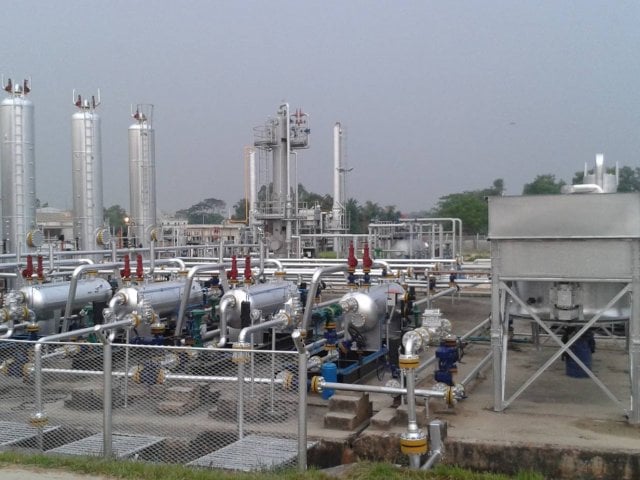
Energy, Power, and Mineral Resources Adviser Muhammad Fauzul Kabir Khan stated that air conditioners (ACs) should not be used below 25°C in government and private offices, mosques, and households. If ACs are operated at temperatures below this threshold, the power supply will be disconnected, he added.
He made the remarks while briefing the media on Monday at the Osmani Memorial Auditorium during the District Commissioner Conference.
Fauzul Kabir Khan explained that the interim government had inherited a fragile economic situation, with large sums of money having been siphoned off, making it difficult to pay for electricity and fuel. Despite this, efforts are being made to ensure an uninterrupted power supply during the upcoming Ramadan.
He further stated that in winter, the country’s electricity demand stands at 9,000 megawatts, which jumps to 17,000-18,000 megawatts in the summer. The increased demand is primarily due to irrigation and the use of air conditioners (cooling load). Since irrigation is linked to food production, it will be given top priority. However, the use of air conditioners, if managed properly, could save thousands of megawatts of electricity.
The government has already initiated measures to reduce the cooling load. Fauzul Kabir Khan has also requested religious leaders to instruct mosques to set ACs at 25°C during Taraweeh prayers. The directive will be implemented in both government and private offices as well. A team from the power department will monitor the proper implementation of the directive. If any violations occur, load-shedding will be enforced, and in some cases, the power supply may be disconnected. This action will be taken regardless of whether it is in urban or rural areas.
Power disconnections and load-shedding will be implemented immediately in such cases.
It is anticipated that the maximum electricity demand during the summer months could reach 18,000 megawatts. Last year, during the intense heat, there was a shortfall of 2,000 to 3,000 megawatts, leading to load-shedding. At its peak, electricity production reached slightly over 16,000 megawatts in April 2024, although it typically hovered around 15,000 megawatts.









